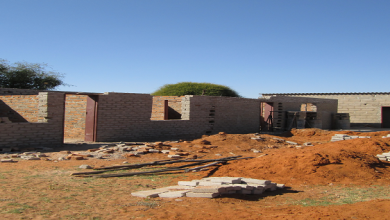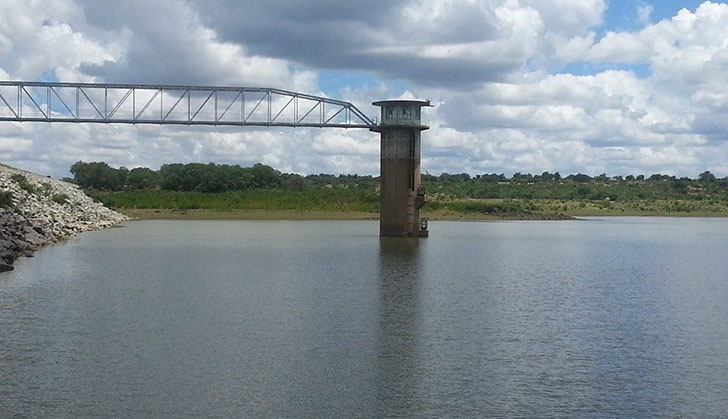Sengwa coal plant detrimental to mining communities

The construction of a 2100 megawatt thermal power plant in northern Zimbabwe will have a negative impact on the surrounding mining communities, a civil society organisation has said.
Zimbabwe’s Rio Energy Limited, a unit of RioZim Limited will partner with China Gezhouba Group Corp to build the power plant at a projected cost of US$3 billion.
A 250 kilometer (155-mile) pipeline will carry water from Lake Kariba to Sengwa, which is situated in Gokwe north. The pipeline, and a 420 kilovolt-ampere power line, will be built by Power China.
Tafadzwa Muropa, Gender and Extractives officer at Center for Natural Resource Governance (CNRG) said the project would be a burden to women, who are primary care givers in the society, as there are high chances of people being displaced from their homes.
Muropa noted that the government hardly consults mining communities when embarking on such projects.
“Mining sector by design hardly addresses the concerns of women. In Zimbabwe, for example, when Hwange Colliery Company Limited was constructed many women lost their land and many have not yet recovered from that loss,” said Muropa.
“The political elite have got a major role to play in how these mining projects are going to be structured. Lack of engagement with mining communities is a cause for concern when embarking on projects of this magnitude. Our society is highly patriarchal and as such chances of women’s concerns being considered are very limited. At the end of the day these structural inequalities impede women from benefitting from mining.”
CNRG programs coordinator, Obrien Nhachi, said the project will require a lot of water, a resource which is already in short supply in the country.
He said drawing water from the Zambezi River, would disrupt fishing and the tourism industry which are anchored on the water body.
Nhachi added that such huge projects also result in the displacement of people on a large scale.
“In Zimbabwe such programs are associated with large scale of forced displacement of people. We have discovered that in the Gokwe north area there are about 240 000 people living there who are into cotton farming, subsistence farming and fishing,” Nhachi said.
“The issue is the 250km pipeline which is going to connect from Gokwe north to Sengwa is going to involve forced dislocations. If this goes through at least a third of the population would be moved.”






